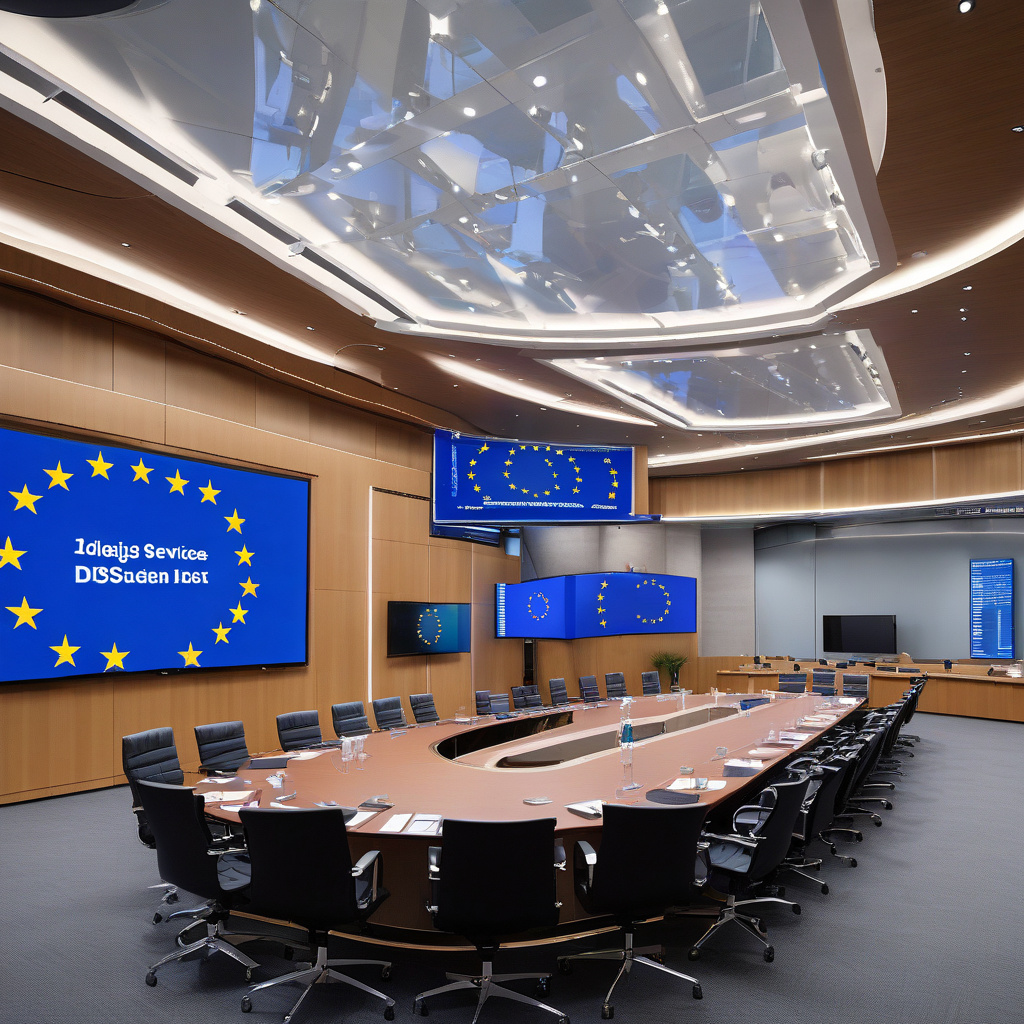EU Regulators Strive for Consistency in Regulating Digital Services Act
Coimisiún na Meán, the leading enforcer of the Digital Services Act (DSA) in Ireland, is facing a significant challenge. The varying interpretations of the law among different EU member states have made it clear that a unified approach to regulation is crucial. As the digital landscape continues to evolve rapidly, ensuring consistent enforcement of the DSA is essential for fostering a fair and competitive online environment across the European Union.
One of the primary goals of the DSA is to create a safer and more transparent online space for users, while also holding digital platforms more accountable for the content shared on their platforms. However, the divergent interpretations of the legislation by different EU regulators have raised concerns about the effectiveness of its enforcement. Without a common understanding and approach to regulating digital services, there is a risk of loopholes and inconsistencies that could undermine the objectives of the DSA.
To address these challenges, EU regulators are now actively seeking a common approach to the enforcement of the DSA. By working together to harmonize their interpretations of the legislation and streamline their enforcement efforts, regulators hope to create a more level playing field for digital platforms operating across the EU. This unified approach will not only benefit consumers by enhancing their online experience but also help to create a more predictable regulatory environment for businesses.
The need for a common approach to regulating digital services is further underscored by the increasingly global nature of the digital economy. With many digital platforms operating across multiple EU member states, a patchwork of regulations and enforcement practices can create significant compliance burdens for businesses. By establishing a consistent regulatory framework, EU regulators can help to reduce these complexities and facilitate cross-border digital trade within the EU.
In addition to promoting consistency in the enforcement of the DSA, a common approach among EU regulators can also help to enhance cooperation and information sharing between national authorities. This collaboration is essential for addressing emerging challenges in the digital sphere, such as the spread of disinformation, online hate speech, and other harmful content. By working together, regulators can leverage their collective expertise and resources to more effectively combat these threats and protect users online.
Furthermore, a unified approach to regulating digital services can help to boost innovation and competitiveness within the EU’s digital single market. By providing a clear and predictable regulatory environment, businesses can more confidently invest in new technologies and services, knowing that they are operating in a consistent regulatory framework. This, in turn, can stimulate growth and drive digital transformation across various sectors of the economy.
As EU regulators continue to seek a common approach to the enforcement of the DSA, it is essential that they engage in open dialogue and collaboration with stakeholders, including industry representatives, consumer groups, and civil society organizations. By soliciting input from a diverse range of perspectives, regulators can ensure that the regulatory framework remains balanced, effective, and responsive to the evolving needs of the digital ecosystem.
In conclusion, the push for a common approach to regulating digital services under the DSA is a positive step towards creating a more harmonized and competitive digital single market in the EU. By fostering consistency in enforcement practices, promoting cooperation among national authorities, and supporting innovation, EU regulators can help to build a stronger and more resilient digital economy for the benefit of all stakeholders.
#EURegulations, #DigitalServicesAct, #DSAEnforcement, #EuropeanUnion, #DigitalInnovation











